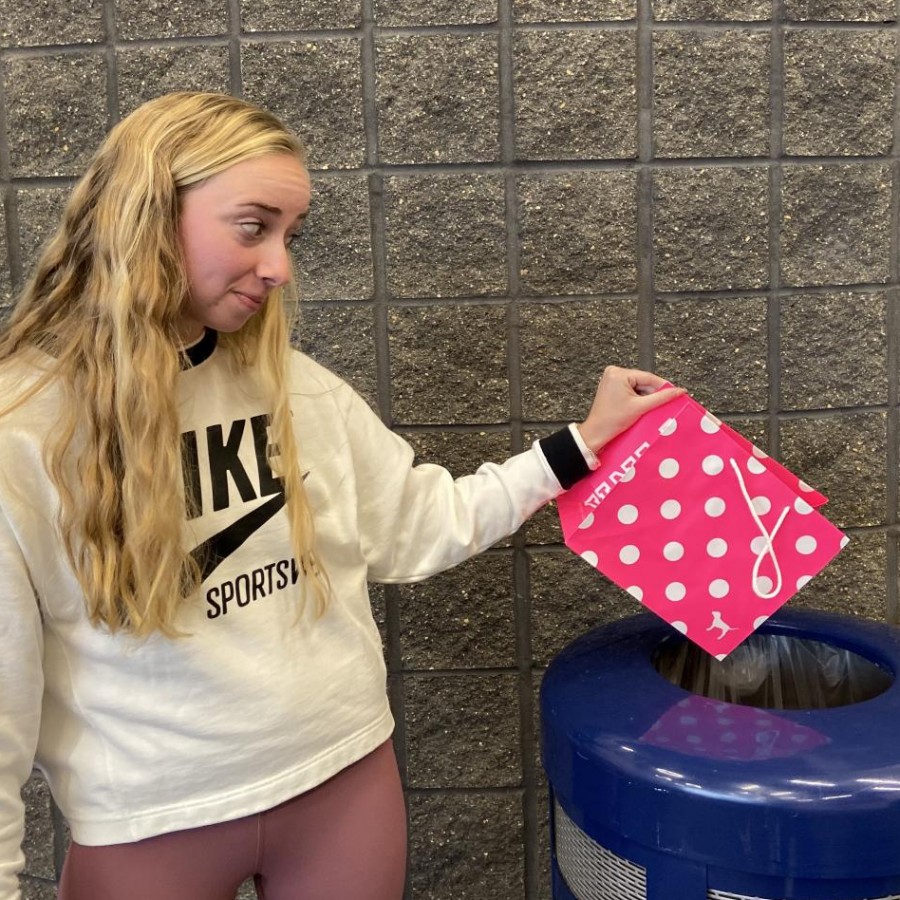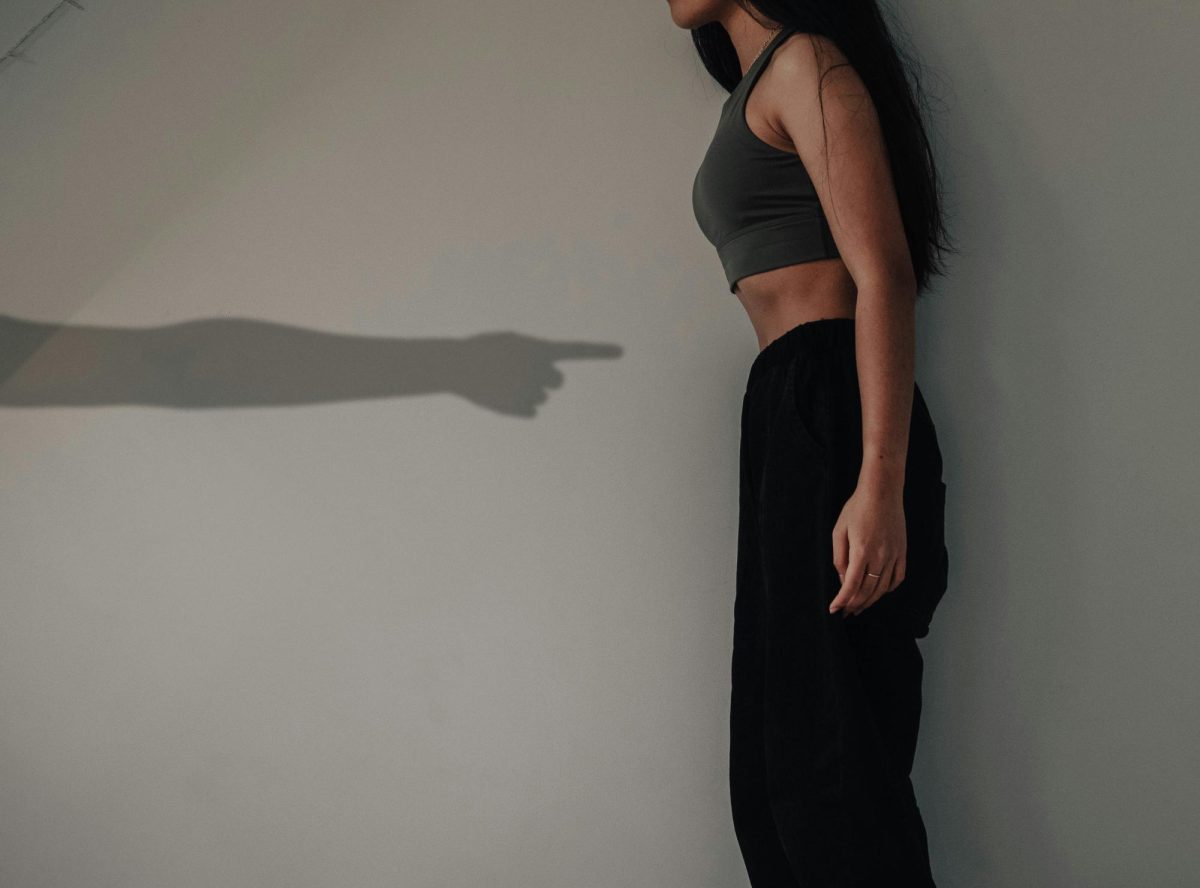The ever popular brand, Victoria’s Secret recently cancelled their annual fashion show in response to low viewing numbers and backlash for their lack of body type representation.
Rather than attempting to promote a more inclusive branding for this year’s show, they cancelled it altogether, offering the mindset that their monetary success takes priority over consumer health.
Before the 2019 cancellation, the show aired annually in November and featured world famous models on the runway. The prominent aspects included bedazzled wings, skimpy attire, and usually a musical guest. Once popular in the early 2010s, the show began losing popularity for its lack of widespread representation.
As society advances, the standards of beauty and the idealized body type does with it. What these brands have failed to realize is that only accepting stick-skinny supermodels as the valid body type is no longer the societal norm. Now, a more body-positive outlook is encouraged by the general public.
Another famous clothing brand, Abercrombie & Fitch, faced backlash in the past over their refusal to include a broader size range for their products. When the sizes only compliment a specific body type, this sends the message to young girls, teenagers, and grown women that they should be thin to be beautiful.
While brands like Victoria’s Secret and Abercrombie refuse to accept this shift, other companies are taking advantage of their customer loss. For example, Aerie is practicing the ways of the new age. They produce ads and products that promote self-love and inclusivity of all body types.
One senior, Clare Basala, used to be a frequent customer to the aforementioned stores, but now prefers Aerie’s positive mantra. “Aerie does a really good job with body inclusivity and portraying so-called imperfections that every woman has. Their ads show real people, with stretch marks, cellulite and of all sizes,” Basala said.
While there is nothing wrong with aspiring to be fit and loving one’s skinny body, there is still harm in telling those who don’t have this body type they need to change.
The goal should be to promote body positivity of all types, not to discourage those who were already being represented. In a scenario already full of self-consciousness and exclusivity, it is only going to improve with positive messages.
This does not mean attacking the models themselves for the way they look, rather proposing to the companies they should represent a wider array of body types.
Fashion show fan, Hannah Lederman, believes that it is important to promote self-love without going after those who are slim and fit. “Many people are naturally skinny or they work to be. It’s wrong to hate on anyone who looks like that, just like it is wrong to hate on those who aren’t necessarily slim,” she said.
Victoria’s Secret has actually done more to promote representation of all body types than they have in the past, but it has gone unnoticed. “They actually have begun to use plus size models in their campaign and I don’t think they have ever out-right shamed those who aren’t slim,” Lederman points out. “They are under more scrutiny than other brands because of their television broadcasting.”
Regardless of whether or not the fashion show will resume in the future, it is clear that the brand itself needs to do a better job of representing its demographic in advertisements and displays. Despite the fact that they have begun efforts of inclusivity,, Victoria’s Secret must recognize their role in not only in the fashion industry, but entertainment as well.
As the age old adage goes, “the opposite of love isn’t hate, it’s indifference.” When influential brands simply disregard the idea of wide representation of all body types, they are not telling such groups of people they aren’t worthy, just simply not enough.











